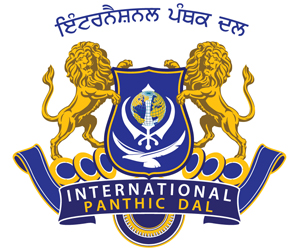From the Durranis and Mughals, the Kashmir Valley passed to the Sikh rulers who conquered the region in the early 19th century. Gulab Singh played a vital role in this campaign and Maharaja Ranjit Singh made him the king of Jammu. Later, Gulab Singh captured Ladakh and Baltistan and merged them into Jammu. After the first Anglo-Sikh war, the Sikhs ceded Kashmir, Hazarah and all the hilly regions between the Indus and Beas to the East India Company. In 1846, Gulab Singh and the company signed a treaty in which he purchased the Valley from the British.
What happened in 1947?
After Independence, the princely states were given the option of joining India or Pakistan. The ruler of J&K, however, delayed his decision. He was a Hindu while a majority of his subjects were Muslims. In October 1947, ‘tribals’ from Pakistan’s North-West Frontier Province, supported by the Pakistan army invaded J&K, instigating communal clashes between Hindus and Muslims in the state. Unable to control the situation, the king requested India for armed assistance.
When did the Indian army intervene?
The government of India offered a temporary accession and promised to carry out a referendum later on, ensuring that India would control external affairs, defence and communications in J&K. Indian troops were airlifted into Srinagar on October 27, 1947. The fighting continued for over a year and in 1948 Jawaharlal Nehru asked the UN to intervene. A UN ceasefire was declared from December 31, 1948. By now, two-thirds of the state was under the control of India, while one-third came under Pakistan’s control. The ceasefire was laid out by a UN resolution requiring Pakistan to withdraw its troops while India was allowed to keep its forces to maintain law and order in the state. A plebiscite was supposed to take place once peace was restored.
Why did the plebiscite never take place?
Both sides blame each other for that. While Pakistan blames India for not carrying out the referendum, India counters by saying that Pakistan never withdrew its forces, thereby making it impossible for India to hold a referendum in the entire territory.
News Source: Times of India








